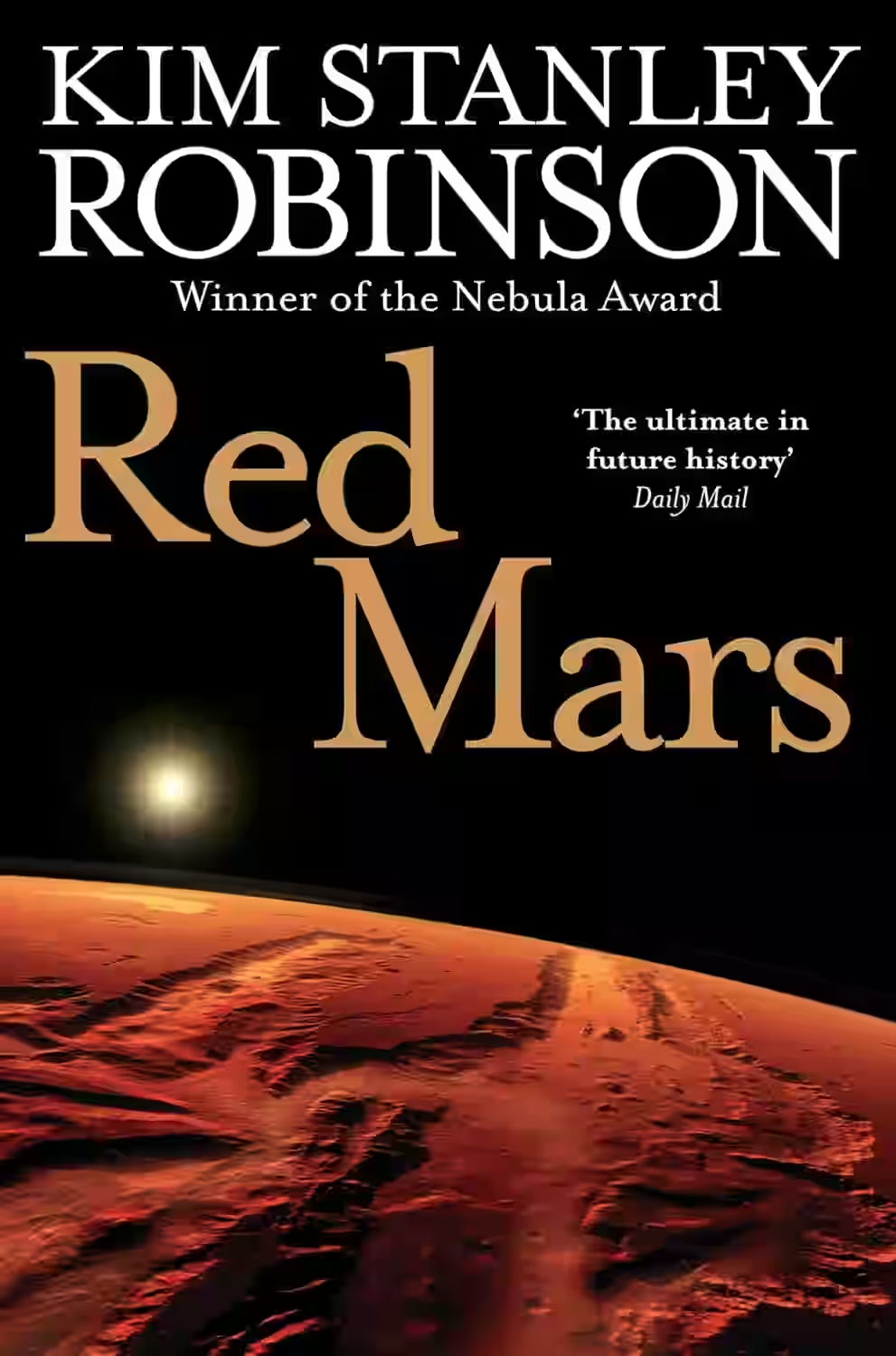
Kim Stanley Robinson's 'Red Mars' is a riveting science fiction novel set in the near future where humanity colonizes Mars. The story follows a group of scientists and colonists as they confront the challenges of terraforming the planet while navigating political intrigue and personal conflicts. Through vivid descriptions and intricate world-building, Robinson explores themes of environmentalism, human nature, and the ethics of space exploration. The book expertly blends hard science with compelling characters, creating a thought-provoking narrative that raises questions about our future both on Earth and beyond. 'Red Mars' is a must-read for fans of complex sci-fi epics.
About Mars Trilogy Series
Kim Stanley Robinson’s Mars Trilogy—Red Mars, Green Mars, and Blue Mars—is a meticulously detailed vision of humanity’s colonization and terraforming of Mars. It begins with a team of scientists and engineers settling the planet, but as political, ecological, and ethical challenges arise, the narrative expands to explore sociopolitical systems, technological progress, and ecological philosophy. Robinson's background in environmental science shapes the series’ exploration of climate engineering and human adaptation. The trilogy is celebrated for its scientific realism, complex characters, and serious philosophical and political inquiry into what kind of society humanity might build on a new world.
About Kim Stanley Robinson
Kim Stanley Robinson, born in 1952 in Illinois, is a prominent American science fiction writer acclaimed for his literary works that blend scientific accuracy with deeply human narratives. With a degree in literature and a Ph.D. in English, Robinson's unique style bridges the gap between hard science fiction and social commentary, earning him a reputation as one of the genre's most respected figures. His Mars trilogy, including 'Red Mars,' 'Green Mars,' and 'Blue Mars,' is celebrated for its meticulous world-building and exploration of the human condition in a colonized cosmos. Through his environmentally conscious themes and visionary storytelling, Robinson has significantly influenced the genre, inspiring readers to ponder the intersection of science, society, and the future.
Similar Books
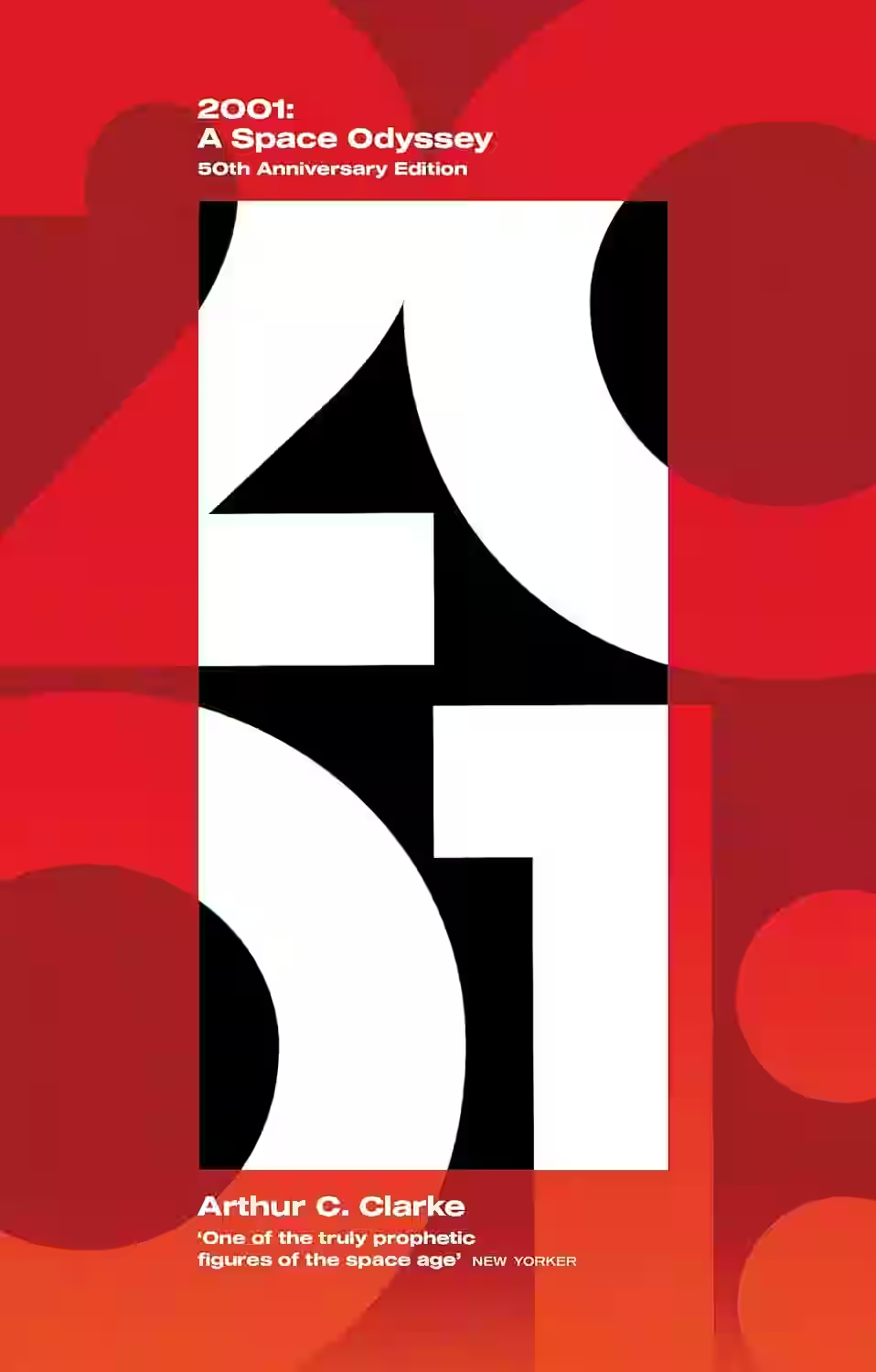
2001: A Space Odyssey
Arthur C. Clarke's '2001: A Space Odyssey' is a groundbreaking science fiction masterpiece that explores themes of evolution, technology, and the existence of extraterrestrial life. The novel follows the journey of a crew on a space mission to investigate a mysterious, alien monolith that may hold the key to humanity's place in the universe. As they traverse the vast reaches of space, encountering the enigmatic computer HAL 9000, the crew grapples with questions of identity, consciousness, and the nature of intelligence. Clarke's visionary storytelling and scientific accuracy have cemented this novel as a classic of the genre, inspiring generations of readers and influencing countless works of science fiction.
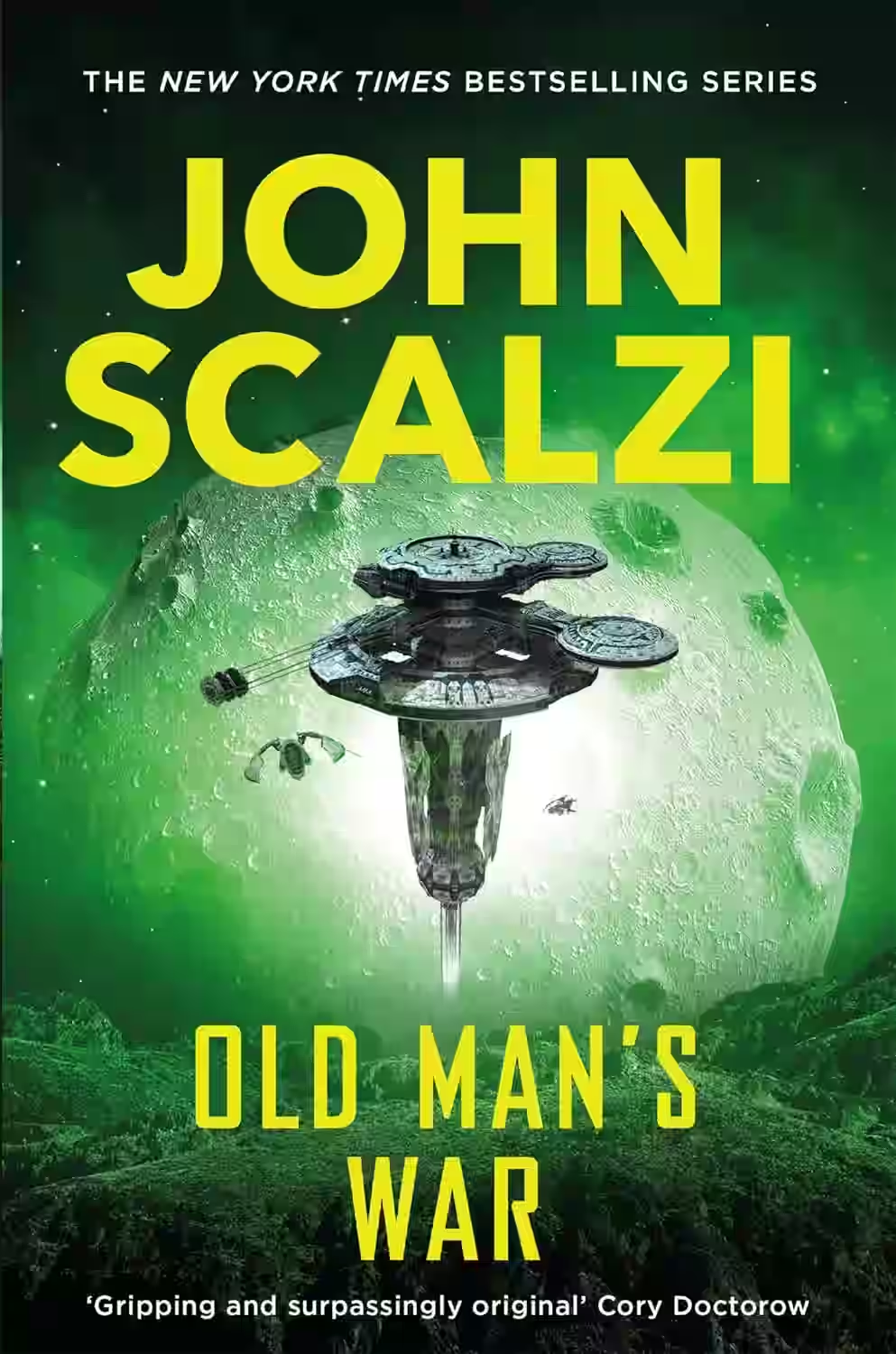
Old Man's War
by John Scalzi
Series: Old Man’s War (#1)
John Scalzi's 'Old Man's War' offers a fresh take on military science fiction, blending adventure with insightful explorations of aging, humanity, and war. The novel follows John Perry, who, at 75 years old, enlists in the Colonial Defense Forces, leaving Earth behind for a future he never expected. Scalzi crafts a compelling universe where the elderly are rejuvenated into youthful, enhanced bodies to fight in interstellar conflicts. The book is lauded for its humor, brisk pacing, and thought-provoking examination of identity and mortality. With its balance of action and introspection, 'Old Man's War' captivates both sci-fi fans and newcomers alike, making it a standout in the genre.
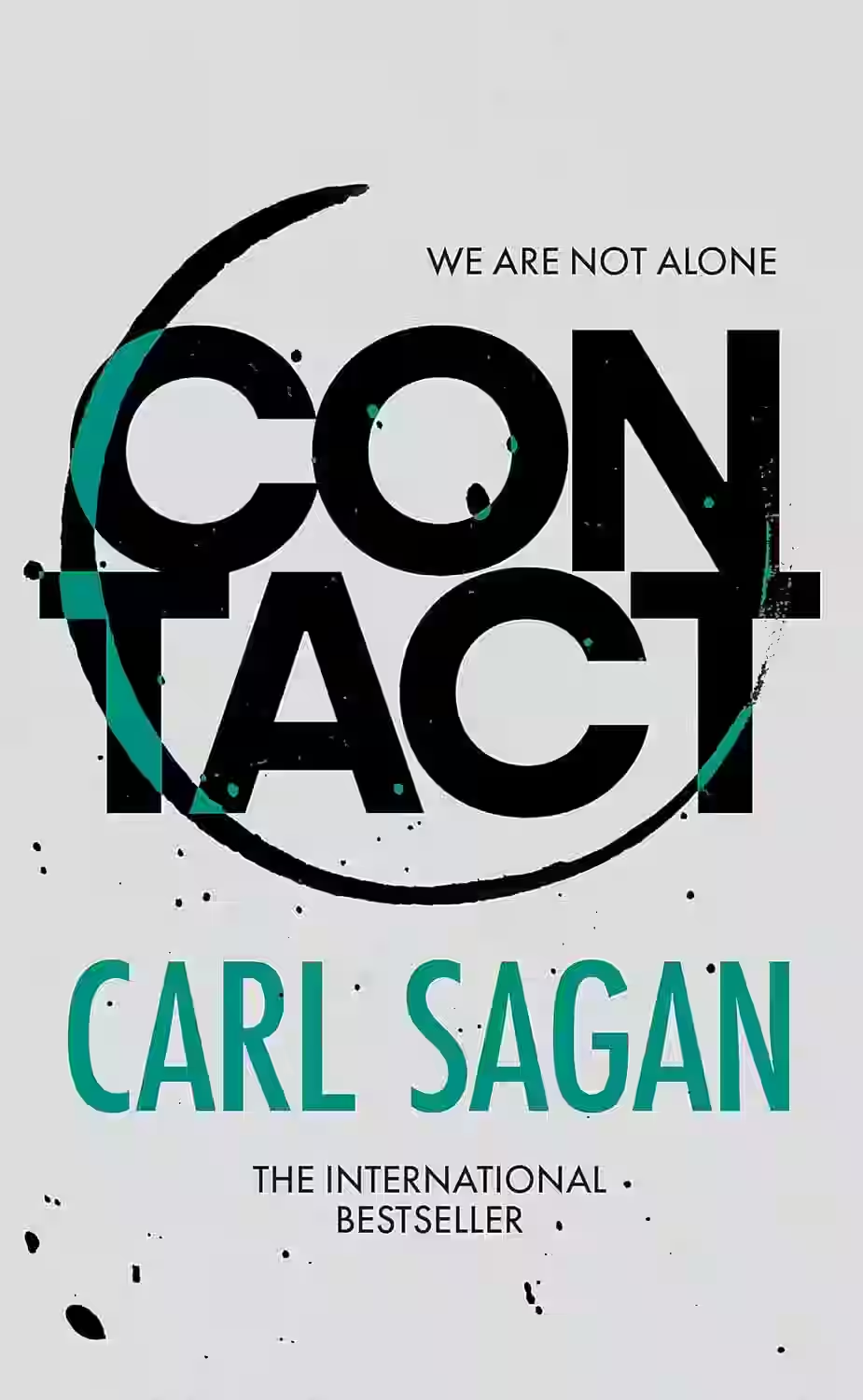
Contact
by Carl Sagan
In Carl Sagan's thought-provoking novel 'Contact,' readers are taken on an exhilarating journey through space exploration, science, and the age-old question of humanity's place in the universe. The story follows Dr. Ellie Arroway, a passionate and dedicated scientist who makes contact with extraterrestrial beings through a mysterious signal from the star Vega. As Ellie navigates the complexities of politics, religion, and the unknown, she embarks on a quest for truth that challenges her beliefs and the very fabric of reality. 'Contact' seamlessly weaves together science and philosophy, offering a captivating narrative that explores the boundless curiosity of the human spirit.
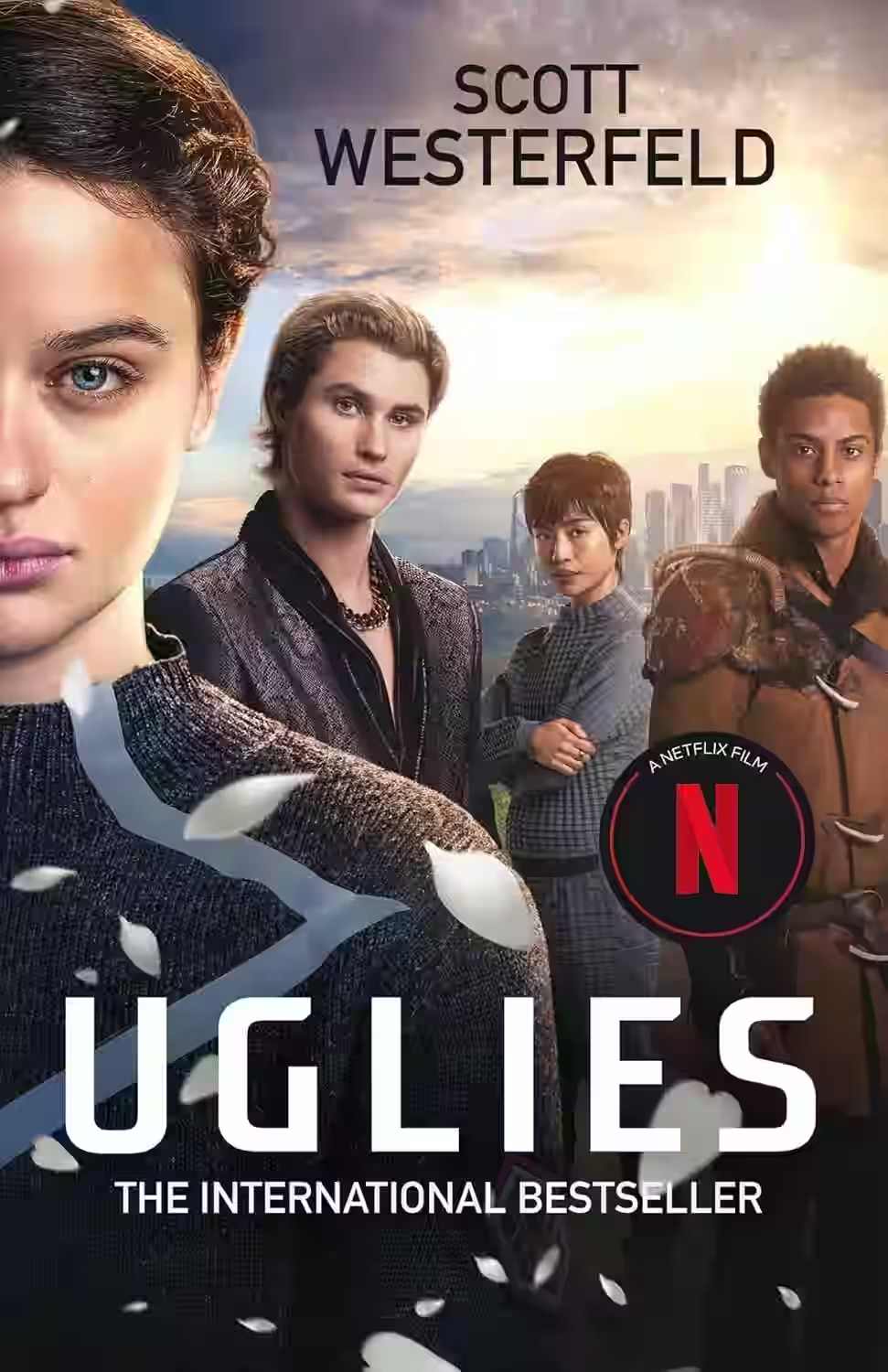
Uglies
Series: Uglies (#1)
In Scott Westerfeld's dystopian novel 'Uglies', readers are transported to a future world where physical beauty is mandated by society. At the age of sixteen, citizens undergo compulsory cosmetic surgery to transform from 'Uglies' to 'Pretties'. The story follows Tally Youngblood, who is on the brink of her transformation, but her world is turned upside down when she meets a rebellious friend, Shay, who questions the societal norms. Themes of identity, conformity, and the nature of beauty are skillfully explored as Tally embarks on a journey that challenges her understanding of reality. Westerfeld's book offers sharp social commentary, action-packed sequences, and believable character development, making it an engaging read that probes thought-provoking issues pertinent to both adolescents and adults. 'Uglies' evokes reflection on the pressure for aesthetic perfection and the loss of individuality, resonating deeply with its readers and sparking conversations about modern beauty standards.